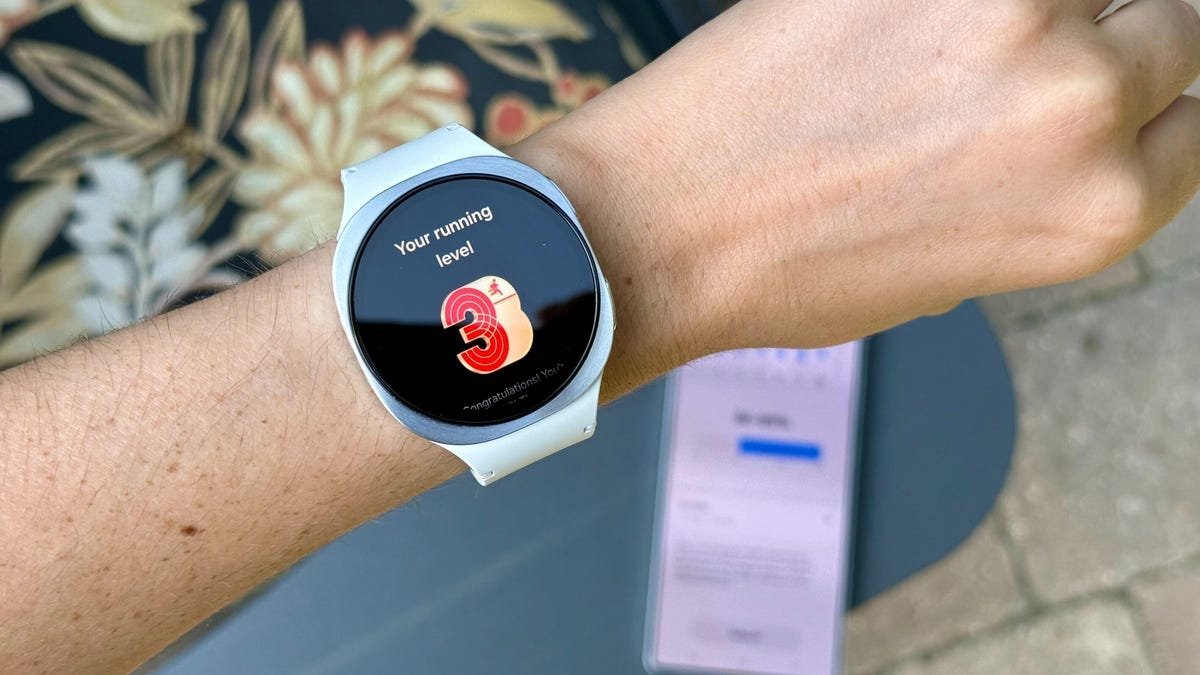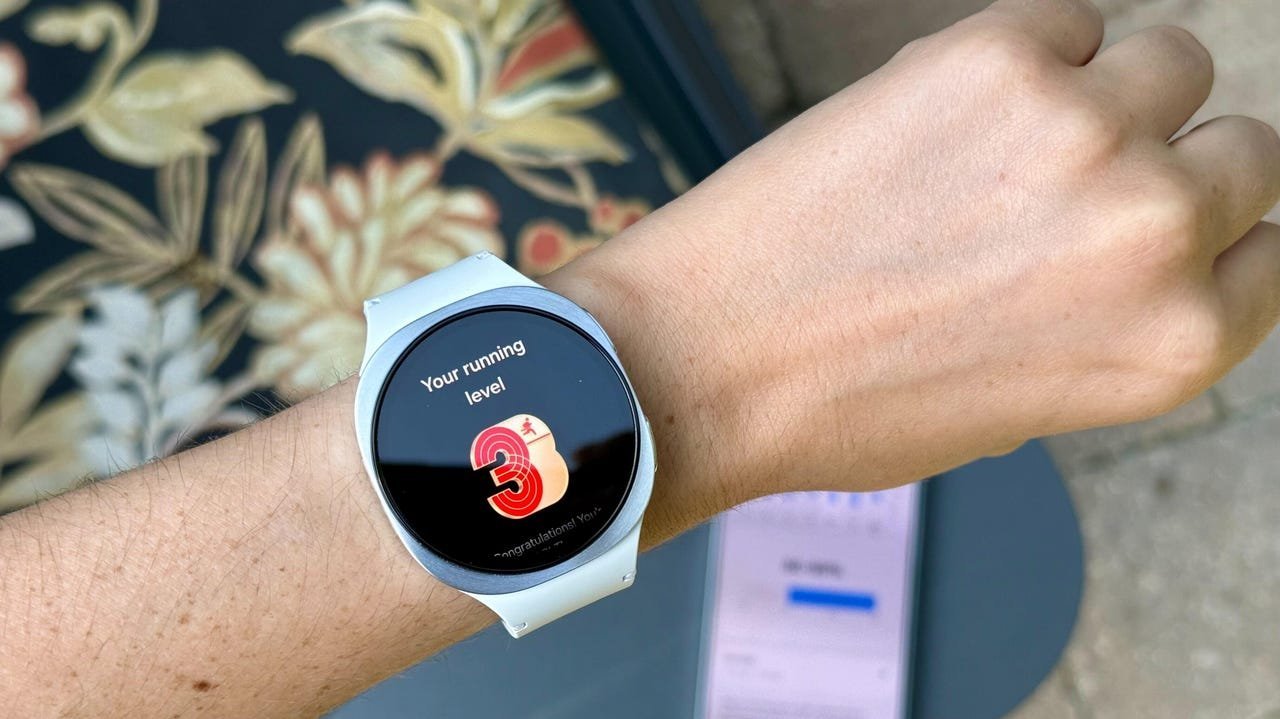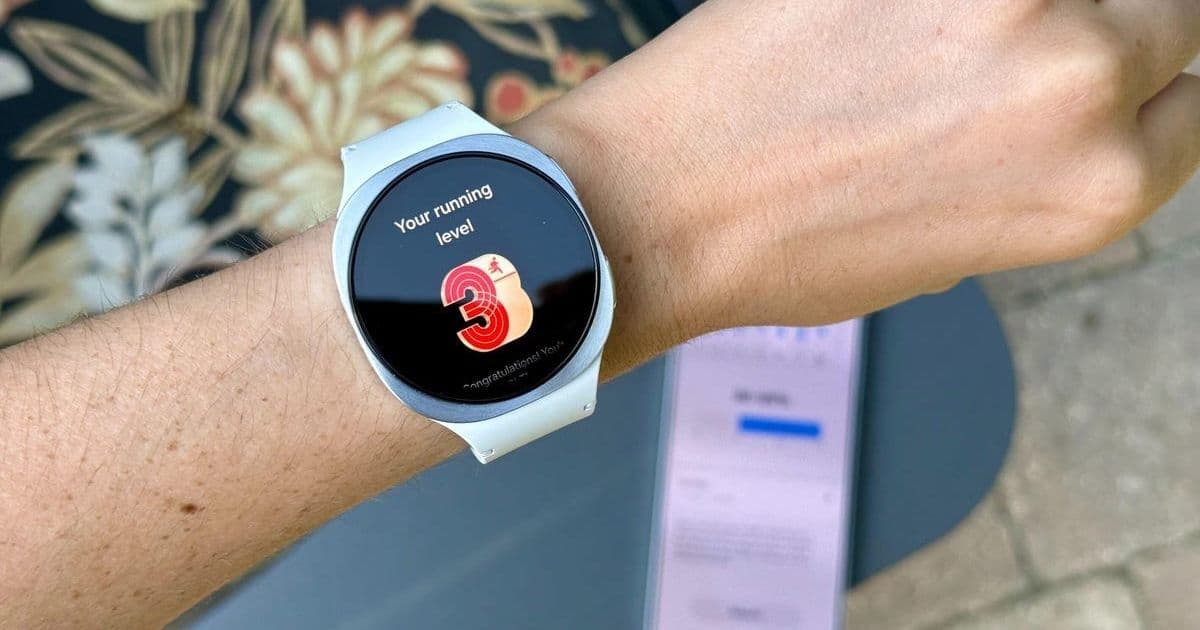Samsung's new Galaxy Watch 8 features an AI-powered Running Coach that assesses fitness levels and crafts personalized training plans through real-time biometric analysis. In a hands-on test, the system delivered a brutally honest performance rating, underscoring its potential to democratize expert-level coaching. This innovation highlights how wearables are evolving from passive trackers to active, AI-driven fitness advisors.

Wearable technology has long promised personalized fitness guidance, but Samsung's latest Galaxy Watch 8 pushes boundaries with an AI-driven Running Coach designed to transform casual joggers into race-ready athletes. The feature, which debuted with the device's July 25 launch, uses on-device machine learning to analyze metrics like heart rate variability, stride efficiency, and cardiovascular strain during a 12-minute baseline run. It then generates a tailored program targeting specific milestones—whether it's a sub-35-minute 5K or a marathon finish.
ZDNET's Nina Raemont put the system to the test, revealing its unflinching honesty. After inputting her running history and physiological data, the AI scored her performance a blunt "three out of ten"—a result she admits was "humbling" but motivating. "Running Coach won't coddle you," writes Raemont. "It synthesizes sleep scores, resting heart rate, and real-time exertion into a ruthlessly accurate assessment."

Unlike generic training apps, the AI adapts dynamically. During Raemont's trial, it monitored her pace fluctuations (averaging 10:30–11 minutes per mile) and post-run recovery, using that data to prescribe incremental goals. This contrasts with Apple's forthcoming Workout Buddy for WatchOS 26, which emphasizes motivational cues during runs. Samsung's approach prioritizes data-driven simplicity—ideal for newcomers overwhelmed by complex regimens.
"For runners without access to human coaches, this is a democratizing force," says Dr. Lisa Cortes, a sports science researcher unaffiliated with Samsung. "AI can identify inefficiencies—like uneven pacing or inadequate recovery—that often derail self-guided training."
The implications extend beyond fitness. Running Coach exemplifies how edge AI—processing data locally on the watch—enables responsive, privacy-focused health tools. By avoiding cloud dependencies, Samsung minimizes latency and security risks while providing instant feedback. Yet challenges remain: the system's effectiveness hinges on consistent user engagement, and its algorithms may require refinement for runners with atypical physiologies.
As Raemont concluded, the experience wasn't just about the score—it sparked a determination to "prove the AI wrong." That psychological hook, paired with hyper-personalized analytics, positions the Galaxy Watch 8 not as a gadget, but as a silent mentor reshaping how we pursue athletic goals.
Source: Adapted from Nina Raemont's testing for ZDNET.

Comments
Please log in or register to join the discussion